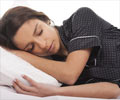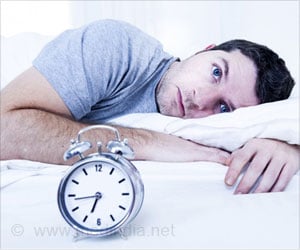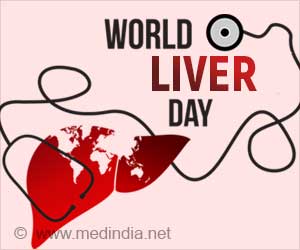Highlights
- Chronic discrimination and stress have previously been linked to increased sleep difficulties.
- New study shows how perceived discrimination affects both objective measures of sleep such as sleep efficiency and subjective measures like how often people have sleep problems.
Adverse health outcomes such increased cardiovascular risks and increased mortality is associated with inadequate sleep.
Testing the Effect of Discrimination on Sleep
For the study 441 adults from a nationwide study of health and well-being in middle age and beyond (the MIDUS Study), were included.
The average age of the participants was 47 years and about one-third were of non-white race/ethnicity. Complete data were available for 361 participants.
For objective assessment, participants wore an activity monitor device for one week to gather data on objective sleep measures like sleep efficiency which calculated as the percentage of time spent in bed that the person was asleep.
Perceived experiences of discrimination were also assessed using a validated "Everyday Discrimination Scale." Here, subjects were asked how often they were treated with less courtesy or respect than others, or how often they were insulted or harassed.
Results
Objective measures indicated that about one-third of participants had poor sleep efficiency. Subjectively, one-half of subjects rated themselves as having poor sleep quality.
Increased sleep problems were seen in participants who perceived more discrimination. Higher discrimination scores were associated with 12% higher odds of poor sleep efficiency and a 9% increase in the odds of poor sleep quality.
Poor sleep was also seen among:
- Non-white subjects- who had nearly four times the odds of poor sleep efficiency. The interpersonal discrimination among this community may explain why they have poor sleep.
- Older participants and men- who were more likely to have some types of sleep problems.
- Racial/ethnic minorities- who have the worse sleep quality. These poor health outcomes in this group could be a consequence of poor sleep.
Further study is needed to validate the implications of the research findings.
The study is published in Psychosomatic Medicine: Journal of Biobehavioral Medicine, the official journal of the American Psychosomatic Society. The journal is published by Wolters Kluwer.
Reference
- Sherry Owens et al. Association Between Discrimination and Objective and Subjective Sleep Measures in the Midlife in the United States Study Adult Sample. Psychosomatic Medicine: Journal of Biobehavioral Medicine; (2016) doi: 10.1097/PSY.0000000000000428
Source-Medindia
















